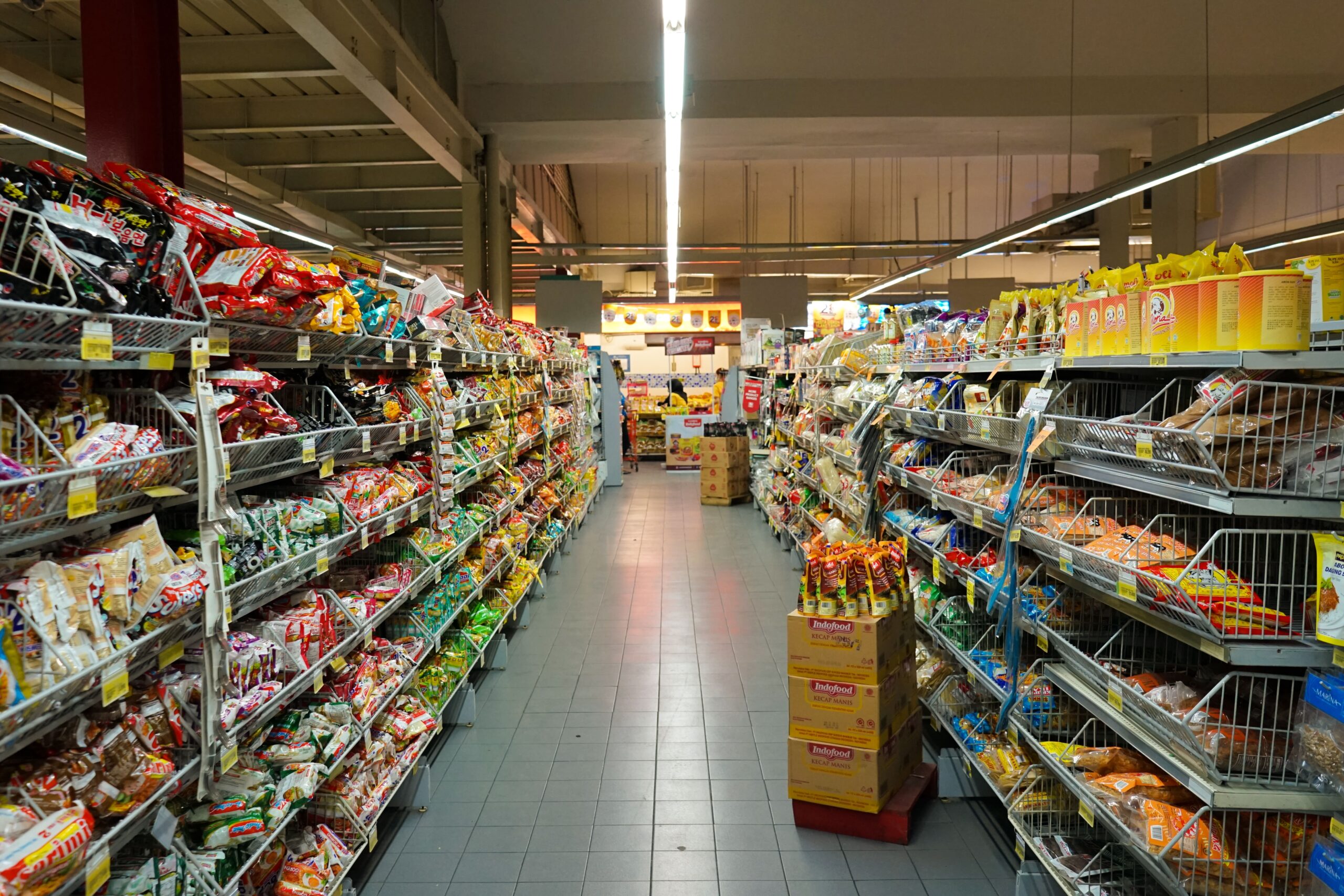The retail sector has always evolved with consumer behavior, but in recent years, the pace of technological change has shifted into high gear. From AI-driven personalization to cashier-less checkouts, the modern retail landscape is being reshaped by innovations that are redefining how products are marketed, sold, and delivered.
In this post, we explore the key tech trends that are transforming the retail industry, helping businesses stay competitive in a world where digital experiences are just as important as physical ones.
1. AI-Powered Personalization
Artificial Intelligence is no longer just a buzzword—it’s a strategic tool that enables retailers to offer hyper-personalized experiences across digital and physical channels. By analyzing customer data, browsing patterns, and purchase history, AI helps retailers:
-
Recommend relevant products
-
Customize promotions
-
Predict customer needs in real time
From dynamic pricing engines to personalized email campaigns, AI allows businesses to treat customers as individuals, not segments.
💡 Retailers who personalize digital experiences see conversion rates increase by up to 15%.
2. Omnichannel Integration
Today’s shoppers move seamlessly between platforms—browsing on mobile, comparing prices in-store, and completing purchases online. Successful retailers are responding with true omnichannel strategies that connect every touchpoint:
-
Unified inventory and pricing across locations
-
Buy Online, Pick Up In Store (BOPIS)
-
Cross-platform loyalty programs
-
Customer service chatbots that work across devices
The goal is a cohesive and frictionless experience, regardless of how or where the customer engages with your brand.
3. Augmented Reality (AR) and Virtual Try-Ons
Retailers in fashion, home decor, and cosmetics are adopting Augmented Reality to let customers visualize products before buying. With a smartphone camera or an in-store kiosk, shoppers can:
-
Try on clothing, eyewear, or makeup virtually
-
Place furniture in their living room using AR
-
Preview how appliances or decor will look in their homes
This not only boosts confidence but reduces return rates and improves satisfaction.
4. Smart Checkout and Cashierless Stores
Retailers are racing to eliminate long checkout lines by deploying:
-
Self-checkout kiosks
-
Mobile scan-and-go apps
-
Fully automated cashierless stores (e.g., Amazon Go)
These technologies streamline the buying process, reduce staffing needs, and enable 24/7 convenience—especially important in urban or high-traffic locations.
5. Sustainability Through Technology
Today’s consumers expect transparency and sustainability. Retailers are using technology to:
-
Track and disclose product origins and supply chain ethics
-
Reduce waste through smart inventory management
-
Enable eco-friendly packaging and delivery options
Blockchain, for instance, is being explored to provide tamper-proof product tracking from source to shelf.
🌱 Tech-enabled sustainability isn’t just good ethics—it’s good business.
6. Retail Analytics and Real-Time Insights
Data analytics is helping retailers make smarter decisions in real time:
-
Optimize product placement and store layout
-
Adjust inventory based on demand forecasting
-
Monitor foot traffic with in-store sensors
-
Understand customer behavior through heatmaps and tracking
Whether it’s physical stores or ecommerce platforms, real-time data empowers agility and responsiveness.
7. Voice and Conversational Commerce
With smart speakers and voice assistants on the rise, voice commerce is becoming more relevant:
-
Shoppers are using Alexa, Siri, and Google Assistant to search for products and place orders
-
Chatbots and AI assistants help with product discovery and customer support
-
Voice search optimization is becoming critical for ecommerce SEO
Retailers investing early in conversational interfaces will be better positioned for the next wave of online shopping.
8. Cloud-Based and Open Source Retail Tech
To remain agile, many retailers are shifting from legacy systems to cloud-based, modular platforms. Open-source solutions offer:
-
Flexibility to adapt quickly
-
Lower cost of ownership
-
Integration with existing tools and third-party services
Platforms like Odoo, ERPNext, or Shopify with plugin ecosystems are empowering even small retailers to run complex operations efficiently.
Final Thoughts
The retail sector is no longer just about selling products—it’s about curating experiences, building trust, and leveraging technology to understand and serve customers better.
Whether you run a brick-and-mortar store, an online shop, or both, embracing these tech trends can help future-proof your business and delight your customers in ways that were impossible just a few years ago.
At Dehongi, we specialize in helping businesses navigate digital transformation with clarity and confidence. If you're looking to upgrade your retail systems or explore how emerging technologies can benefit your operations, we’re here to guide you every step of the way.

